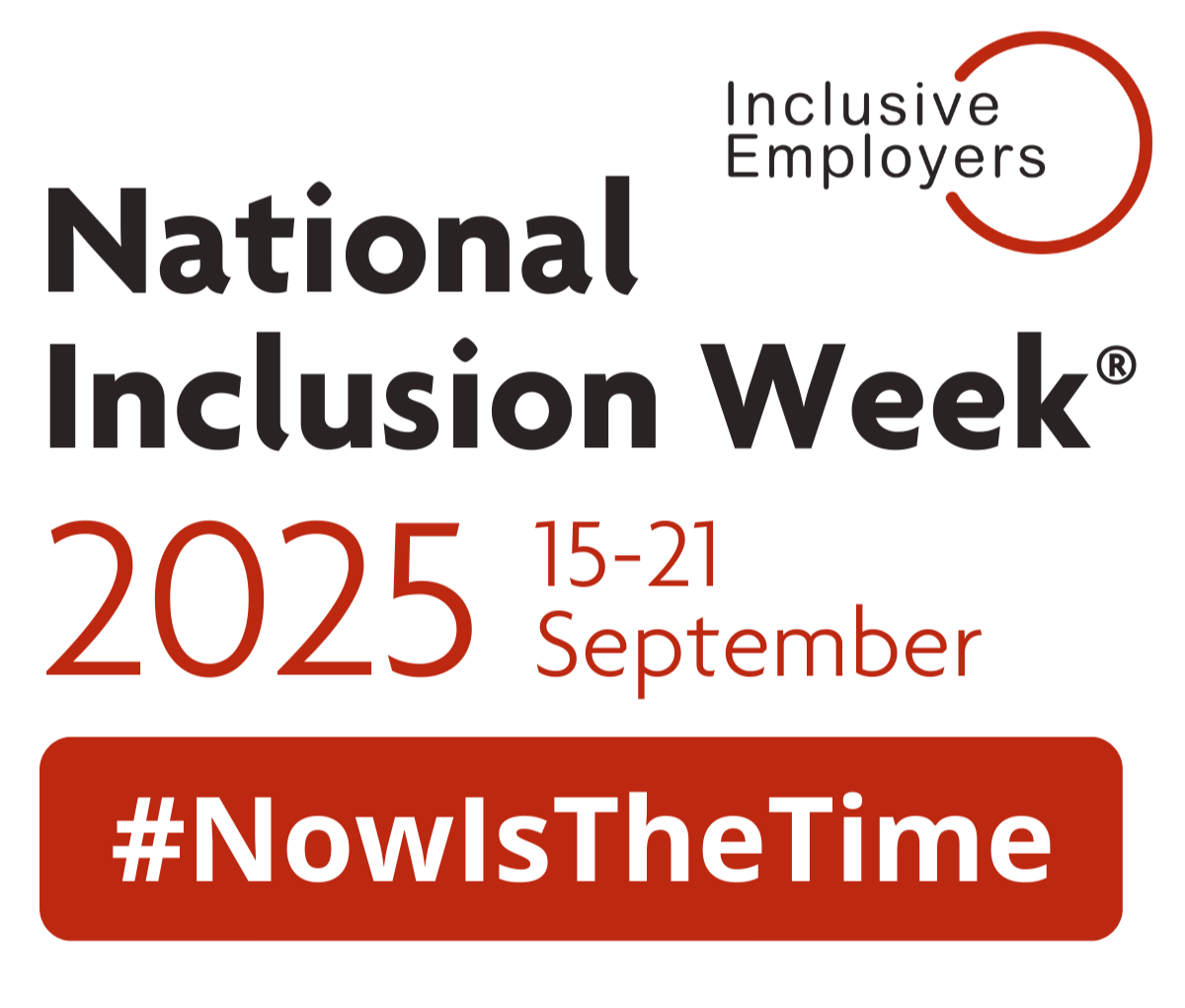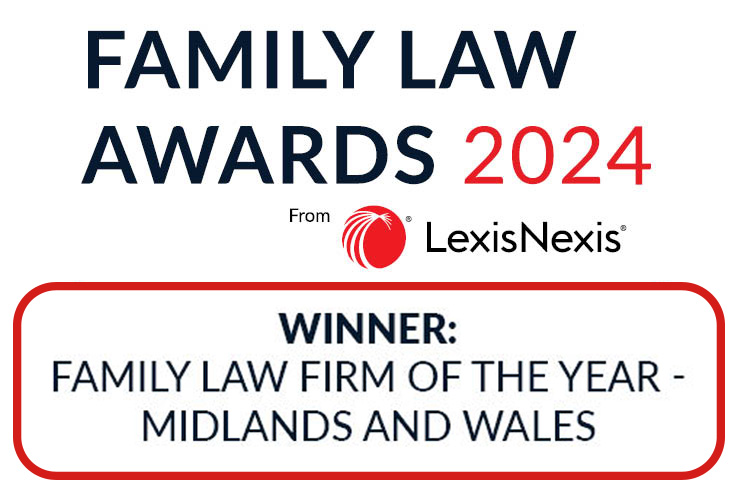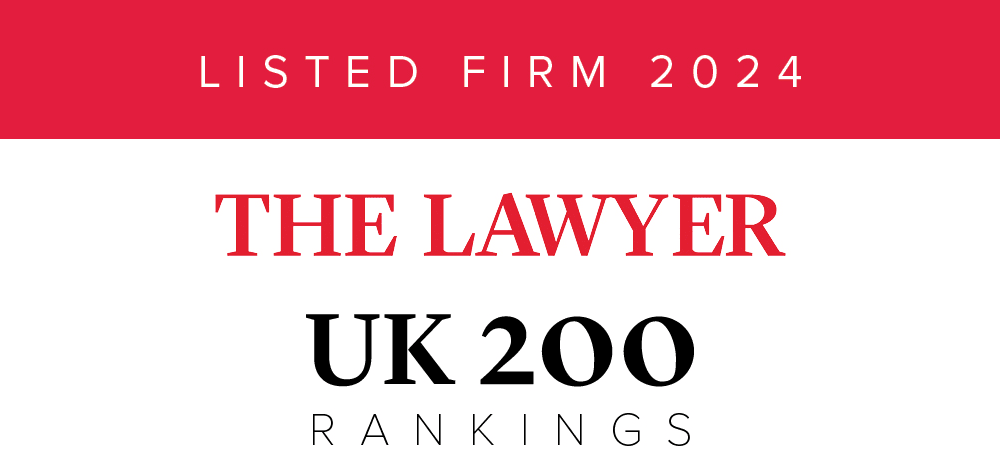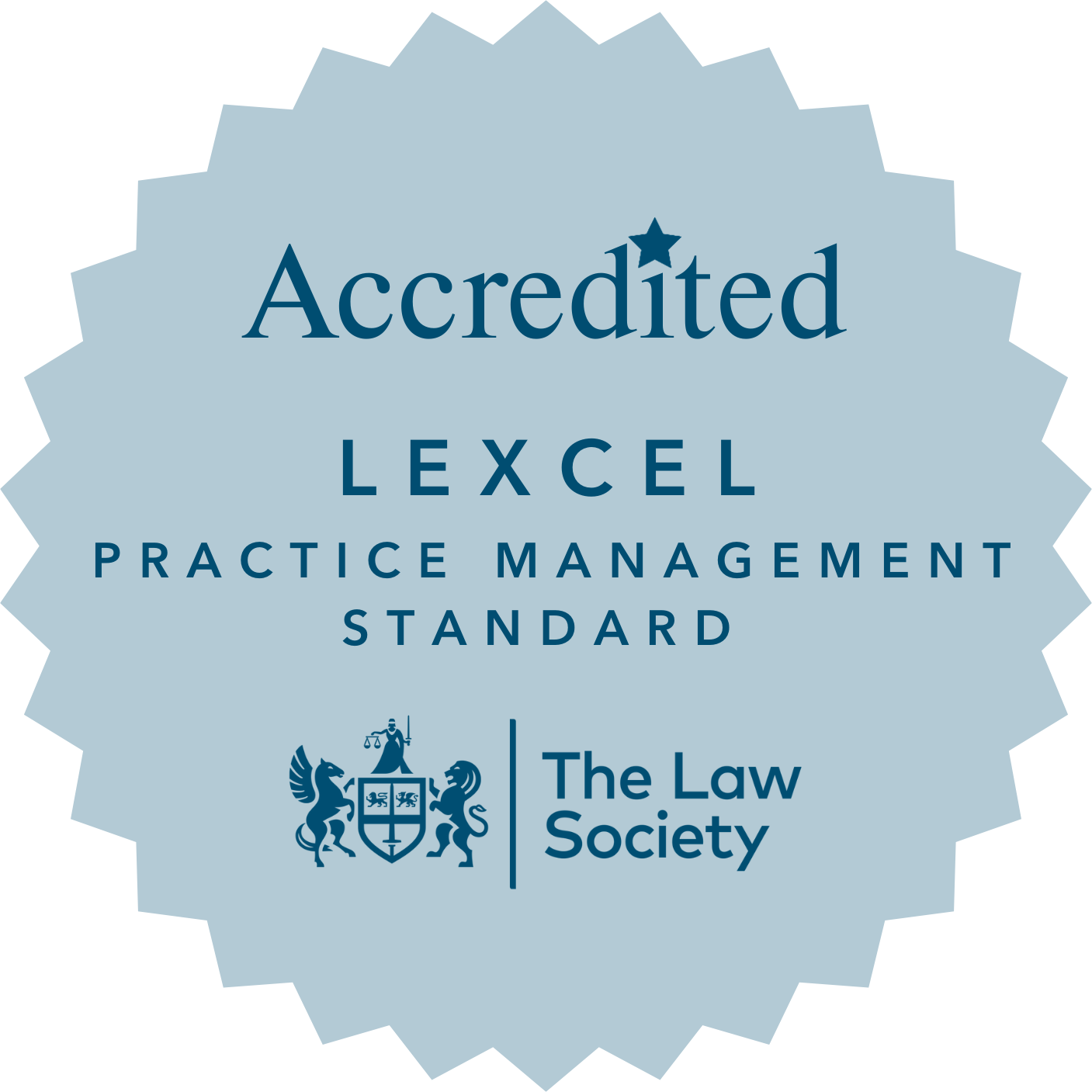Protection in respect of discrimination, harassment and victimisation is afforded to employees, workers, former employees, job applicants, contractors and agency staff. Claims under the Equality Act 2010 (EQA) also do not require a minimum length of service and the amount of compensation that can awarded by the Employment Tribunal is unlimited.
Vicarious liability
Discriminatory acts “in the course of employment” are treated as having been committed by the employer, regardless of whether the discriminatory acts were done with the employer’s knowledge or consent. However, employers do have a defence if they can show they took all reasonable steps to try and prevent discrimination.
What can employers do to prevent liability?
Claims for discrimination can have a significant impact on a company’s reputation and on its finances. Therefore, taking a preventative approach, such as the suggestions below, is key to avoiding liability:
- Ensure there is an up to date equality policy in place and employees are aware of its content.
- Ensure there is a grievance policy and that staff know how to raise a grievance if they are subject to discrimination.
- Provide regular equality training to staff.
- Line managers should have regular catch-ups staff to ensure a positive working relationship.
Can employers justify discriminatory acts?
There are some limited circumstances where an employer may be able to avoid liability if they can show that a discriminatory action can be justified under the EQA.
Indirect discrimination and discrimination arising from a disability – Both of these types of discrimination may sometimes be objectively justified. The unfavourable treatment must be a “proportionate means of achieving a legitimate aim". Proportionality requires employers to demonstrate that measure taken were “reasonably necessary” and there were no less discriminatory options.
Occupational requirements (OR) - The EQA sets out a number of occupational requirements exceptions that employers might rely on when facing discrimination claims. In summary they consist of:
- Where the nature or context of the work requires an individual to have a certain protected characteristic.
- For the purpose of an organised religion.
- Where the employer has a religious ethos.
- Armed forces.
- Employment services e.g. the nature and context of a job requires an individual with a certain protected characteristic.
In addition, an employer can only apply an occupational requirements where doing so is a "proportionate means of achieving a legitimate aim".
For information on the protected characteristic and the different types of discrimination, see our guidance on discrimination for employees.
If you are an employer and require assistance with policies and procedures to prevent discrimination and/or your company is facing a claim under the EQA, you should obtain legal advice and assistance as soon as possible.
Sills & Betteridge LLP have a team of experienced employment solicitors who can advise and assist your company on all aspects of employment law, including matters relating to the EQA.




















